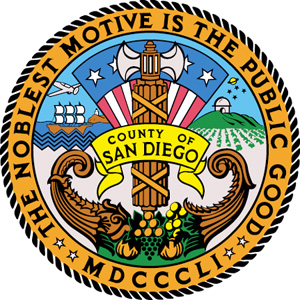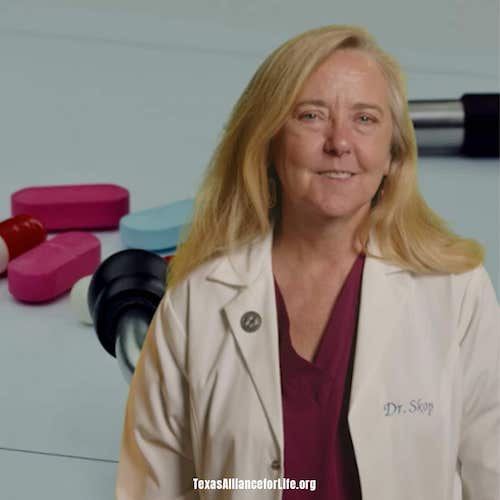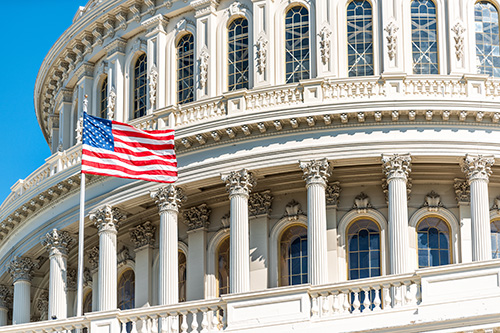San Diego County Prepares Rule to Force Campaign Money Underground
 San Diego voters have a right to know who is trying to influence our local elections. Yet a proposal going before the County Board of Supervisors will mean more dark money and less transparency in our local politics.
San Diego voters have a right to know who is trying to influence our local elections. Yet a proposal going before the County Board of Supervisors will mean more dark money and less transparency in our local politics.
Our local political parties are broad based, democratically governed and transparent. In fact, our political parties are the only organizations involved in local elections with these important qualities that make them accountable.
The proposal would sharply curtail the ability of political parties to directly contribute to county candidates, with a limit of about 1 cent (not dollar, cent) per voter for countywide candidates, and about 3 cents per voter for supervisor candidates. Donors and special interests who wish to support candidates in excess of these limits will shift their funds elsewhere. Often, that’s under ground. And everybody knows it.
Under the U.S. Supreme Court’s decision in Citizens United, the First Amendment protects every American’s right to make unlimited contributions to so-called “independent expenditure” committees.
These “IE’s” conduct campaigns in support or opposition to candidates and can take unlimited money so long as they do so “independently” of the candidates involved. Just how “independent” they are varies.
Independent Expenditure committees are not transparent: our political parties meet in public, IE’s meet in secret. They are not broad based: a recent independent expenditure campaign in an East County high school district was funded entirely by a single mega-donor. Independent Expenditure committees aren’t democratically governed either. Political parties are run by representatives elected by the voters. They have an office. If you don’t like what they do, you can call them and complain. Or go to their office.
Don’t like what an independent expenditure campaign does? You can send a letter. To their post office box. That nobody checks. Because the group is a front.
Voters are weary of the slash and burn tactics we often see in today’s politics. Political parties have a powerful incentive to take a pass on the most egregious campaign tactics because they’re permanent organizations that can be held accountable by the voters for years to come. Nebulously named Independent Expenditure committees don’t have offices. They have a little mailbox in an accountant’s office for legal reasons because after the election, they’re gone, only to be replaced by the next round of phony front groups set up purely for the purpose of moving money from big donors to politics.
Limits on campaign contributions are always shrouded in lofty rhetoric about “getting big money out of politics.” But more than 40 years of studies in contribution limits on the federal level shows this is a fallacy. The amount of money in politics directly tracks with the growth of government, regardless of the “limits.” The more people government touches, the more people are given a reason to protect themselves from it or influence it.
County government touches every thing and every body: where roads go, how much we pay at the grocery store, what we can do with land, how much your property is worth, public safety, and of course millions of dollars in grants that are handed out every year.
When donors want to influence an election, their money will find its way into the system. The only question is whether it will go through transparent and democratic channels that allow the public to see it, or if it is driven underground and into the shadows.
Incumbent county officials have one big political advantage over their challengers: the incumbents get to write the rules, to their own advantage. The tighter the limits, the greater the advantage for incumbents who begin their re-election campaigns with large existing networks of donors from their last campaign, higher name recognition among voters, instant credibility with the press, taxpayer-funded staff expected to make them look good, and most importantly, the ability to directly impact legislation of concern to current and potential donors. Challengers start from scratch.
San Diego’s supervisors should choose transparency.








